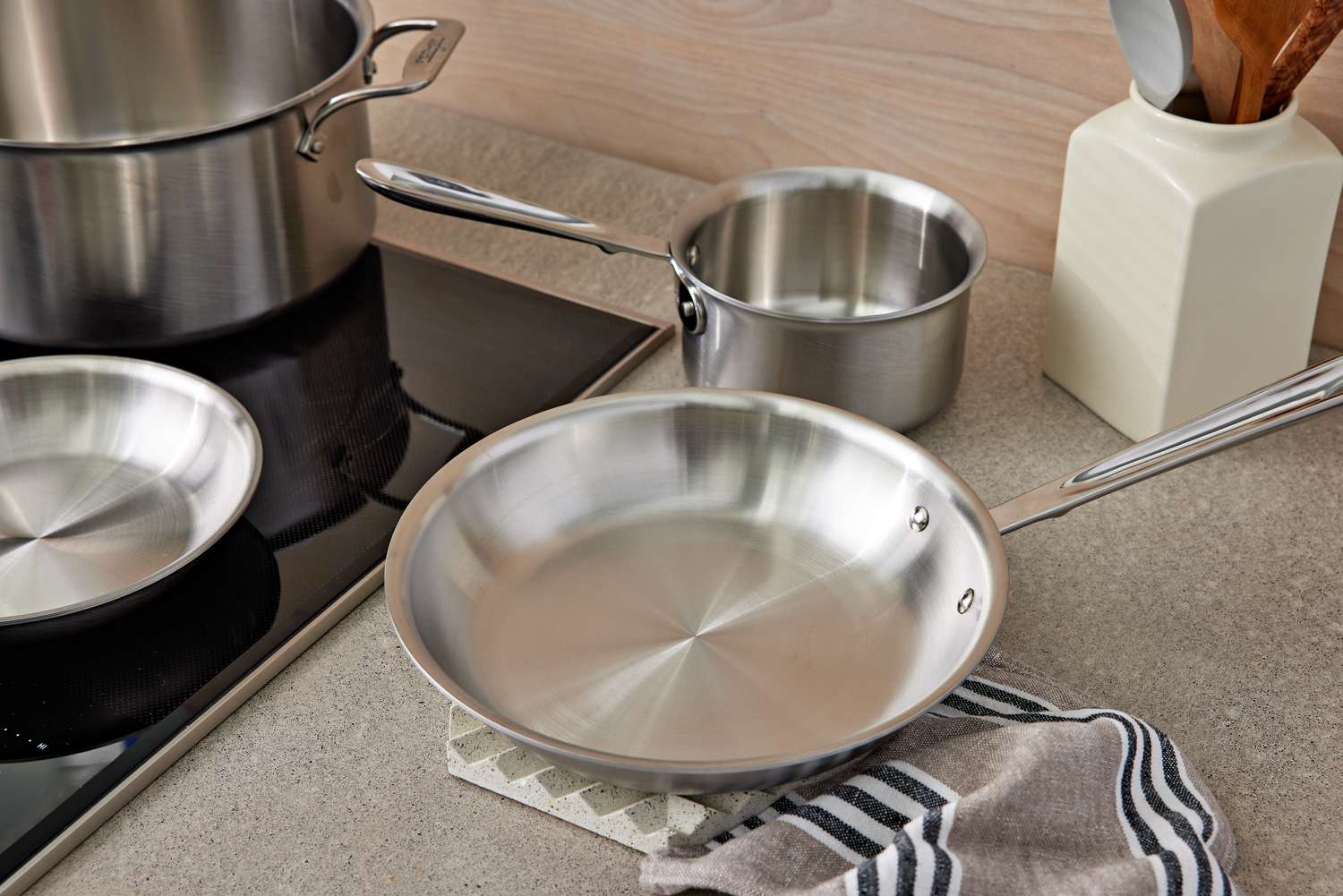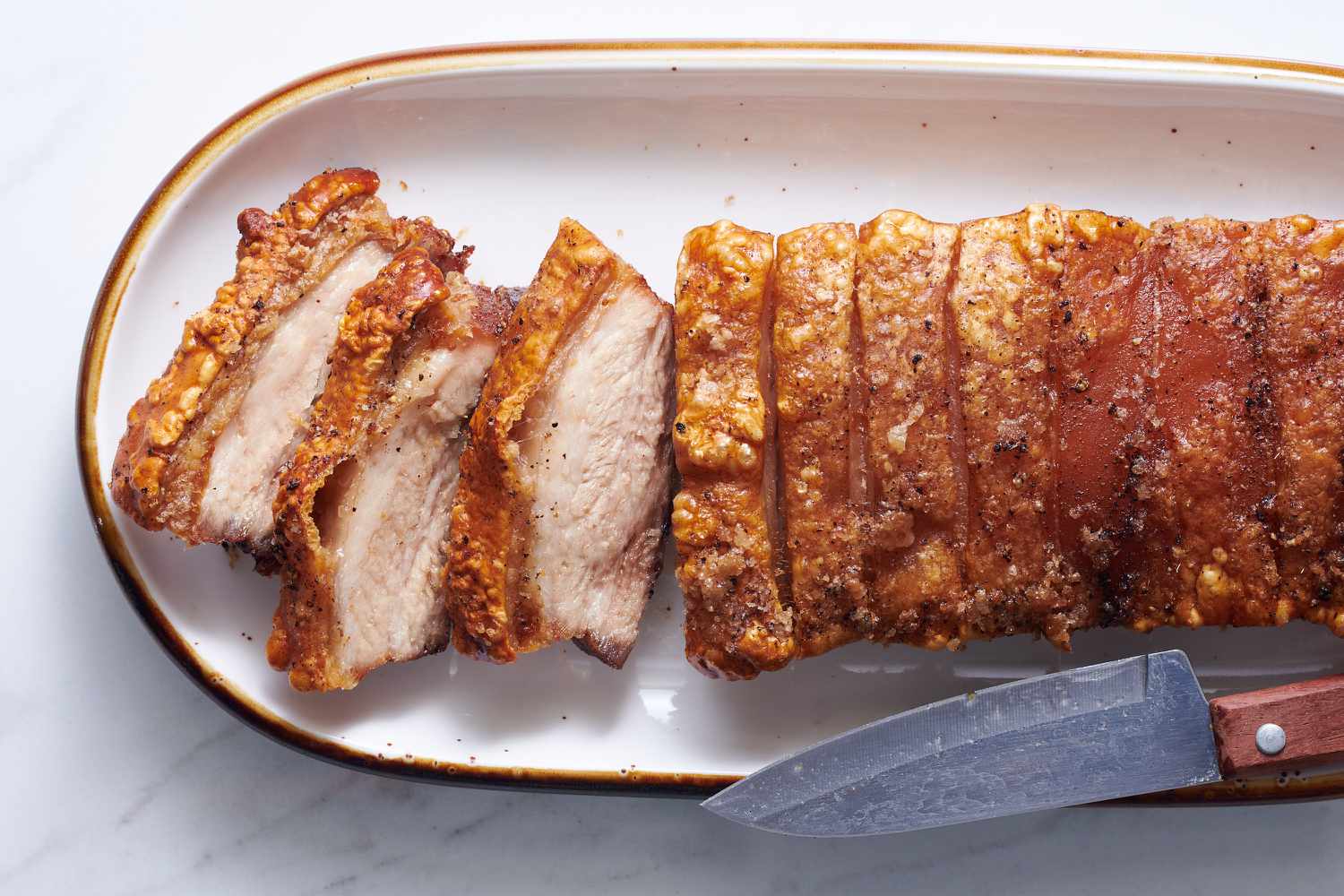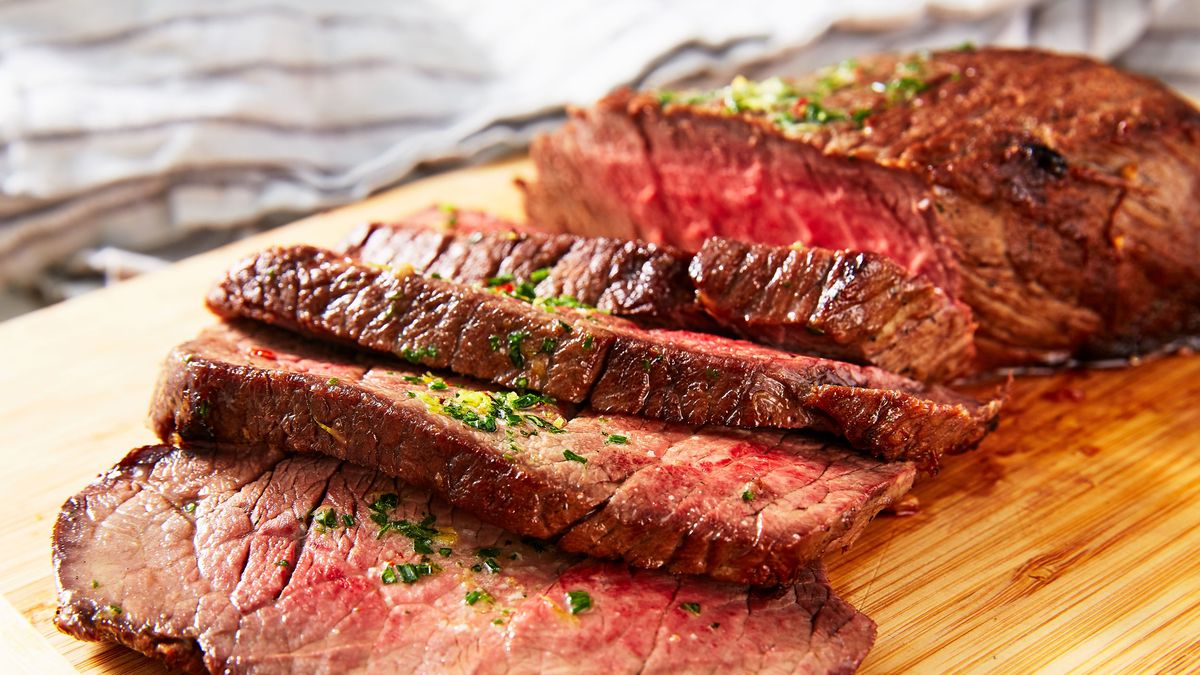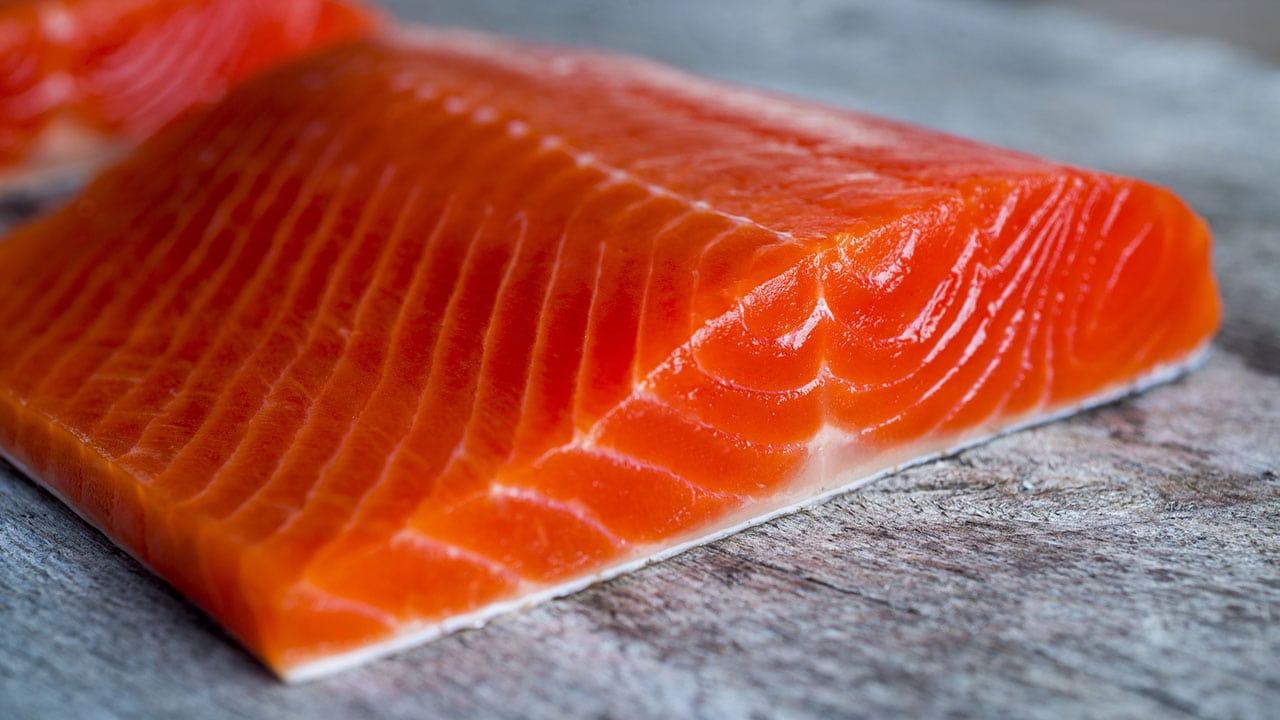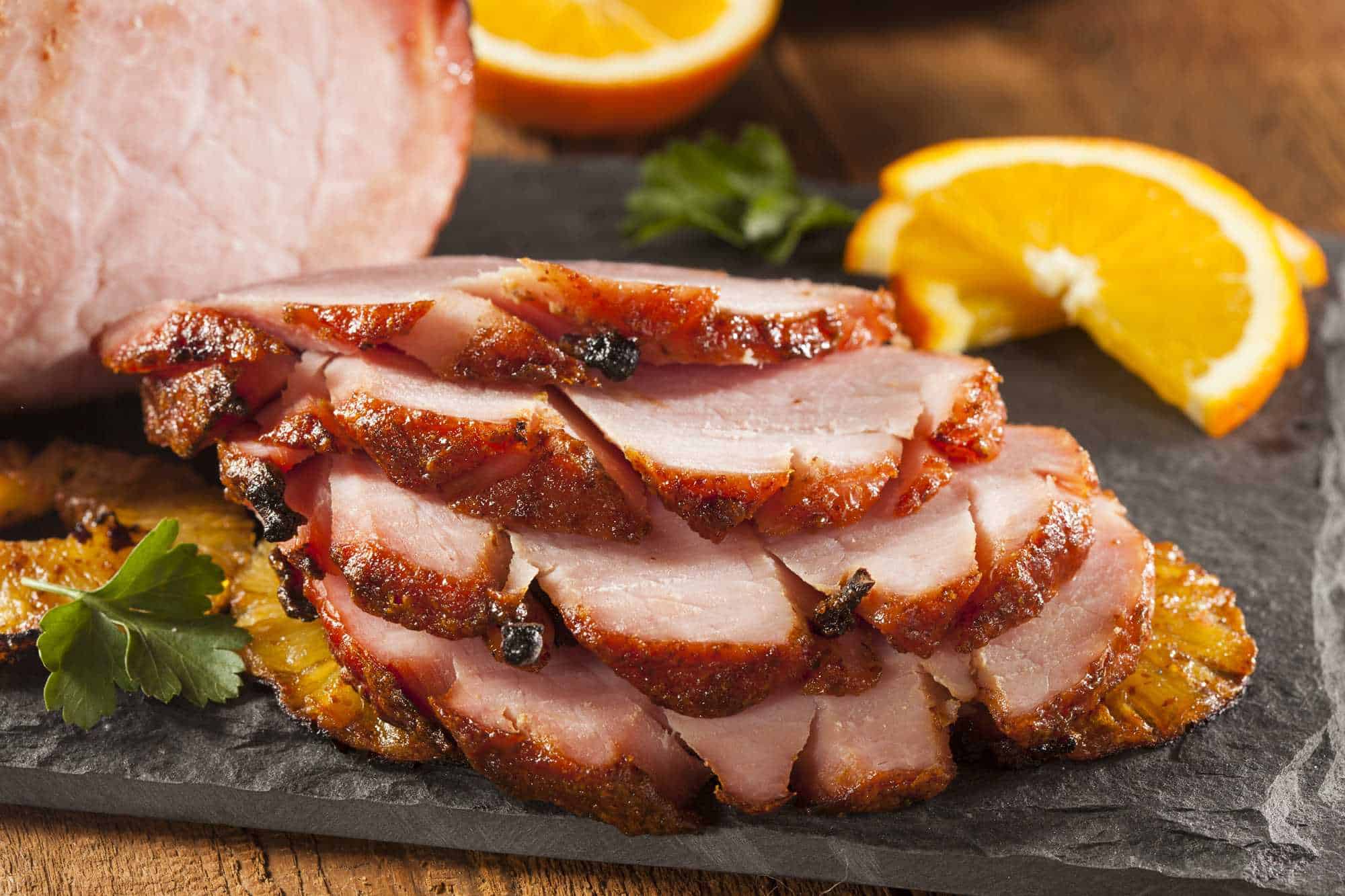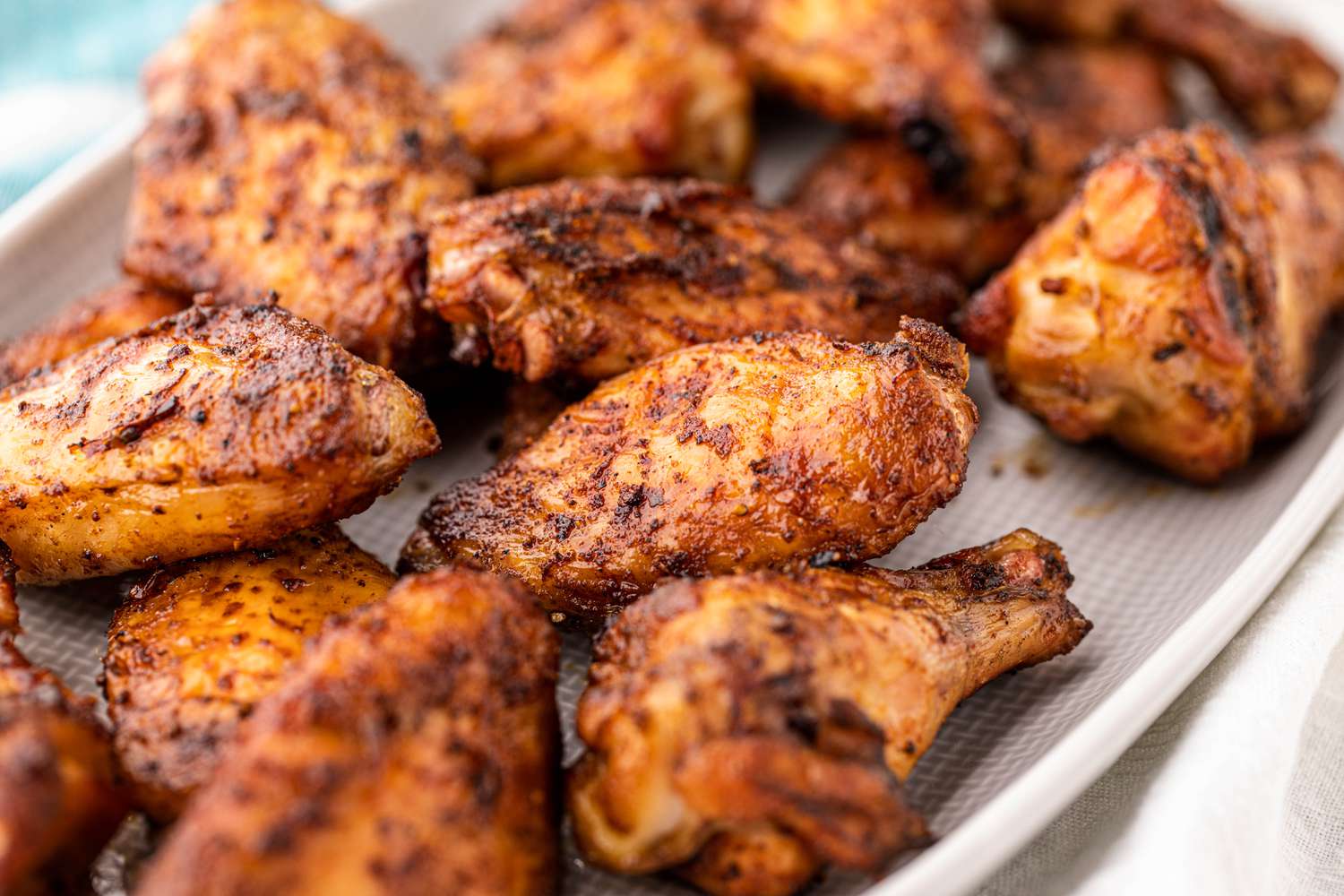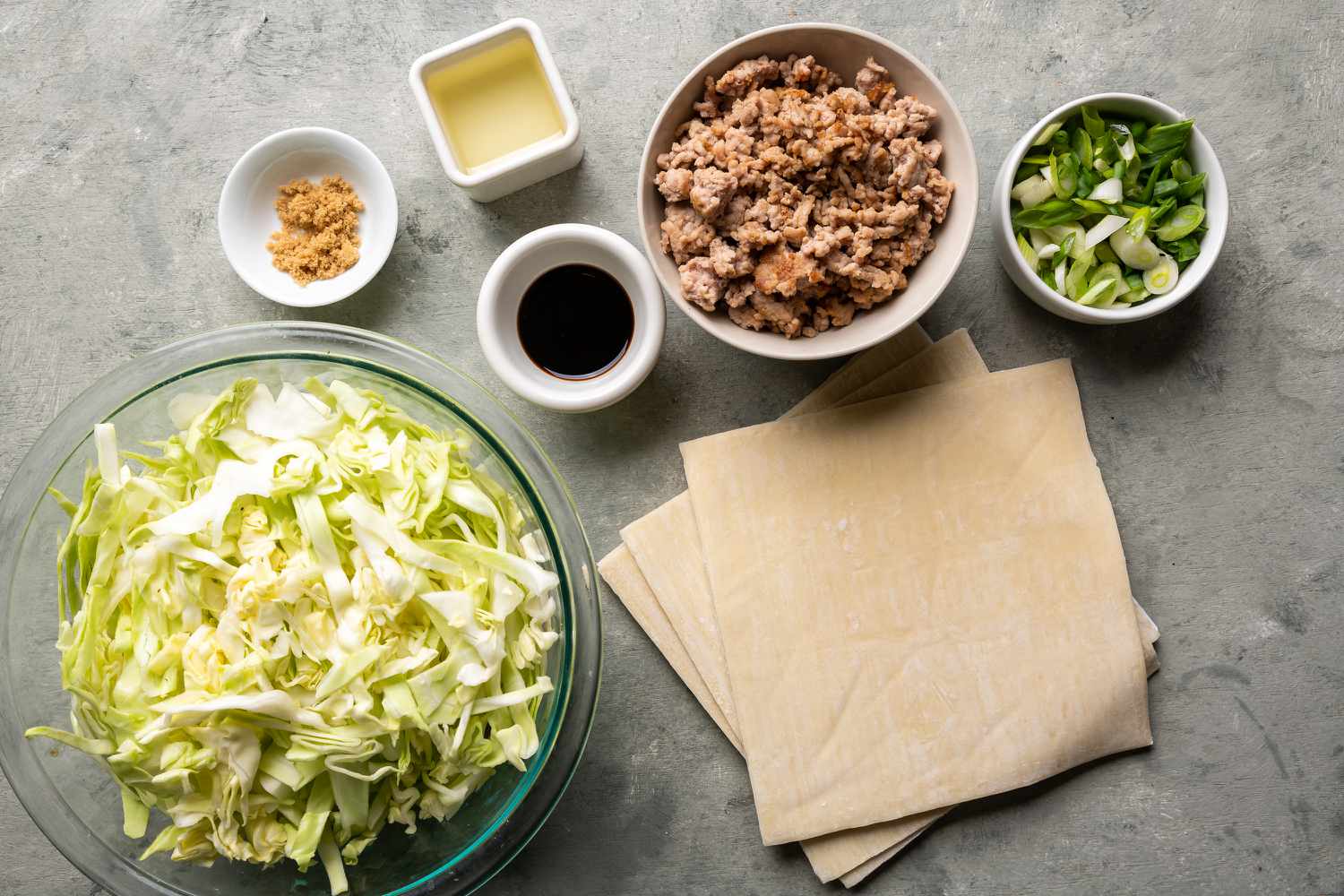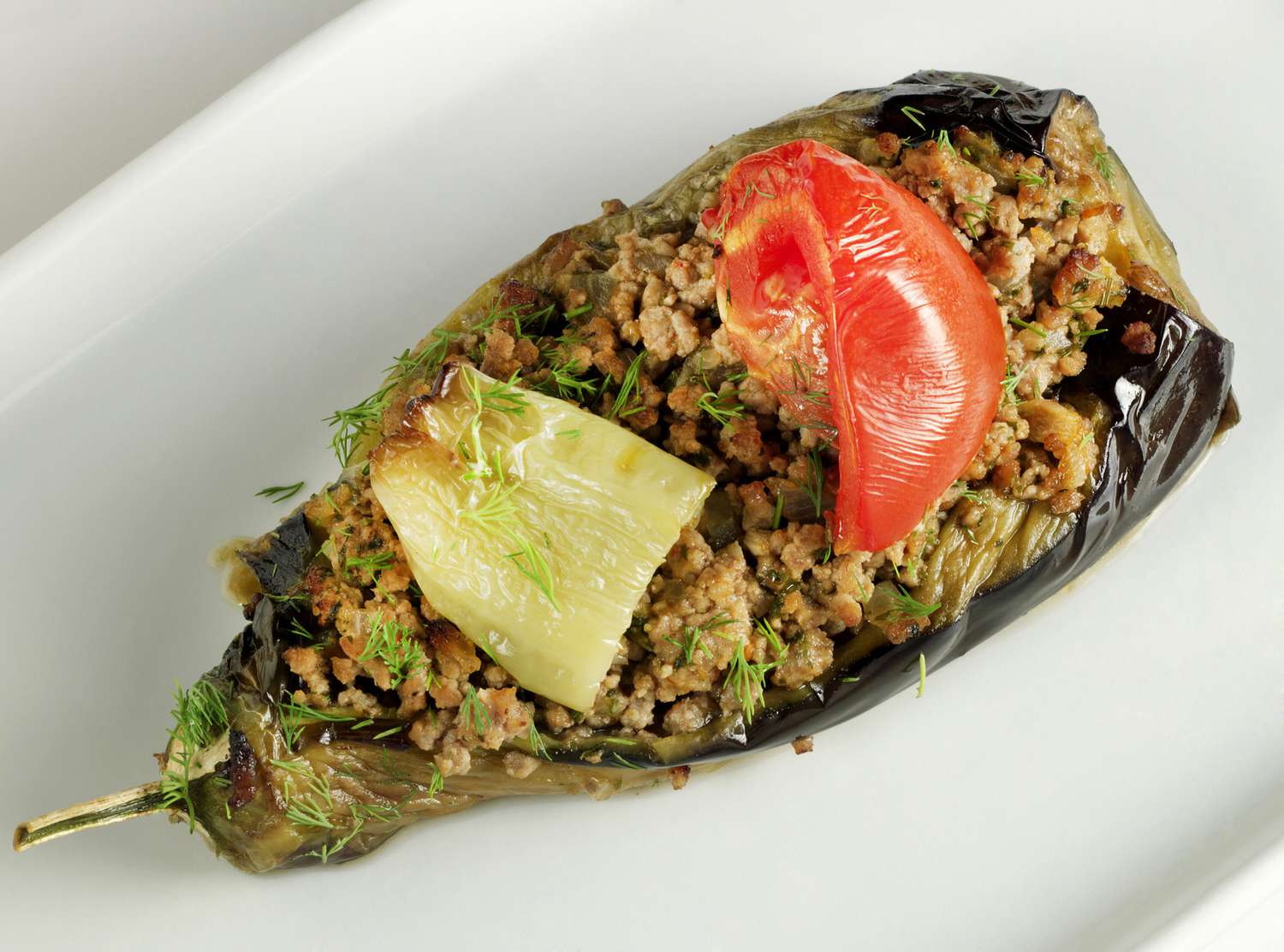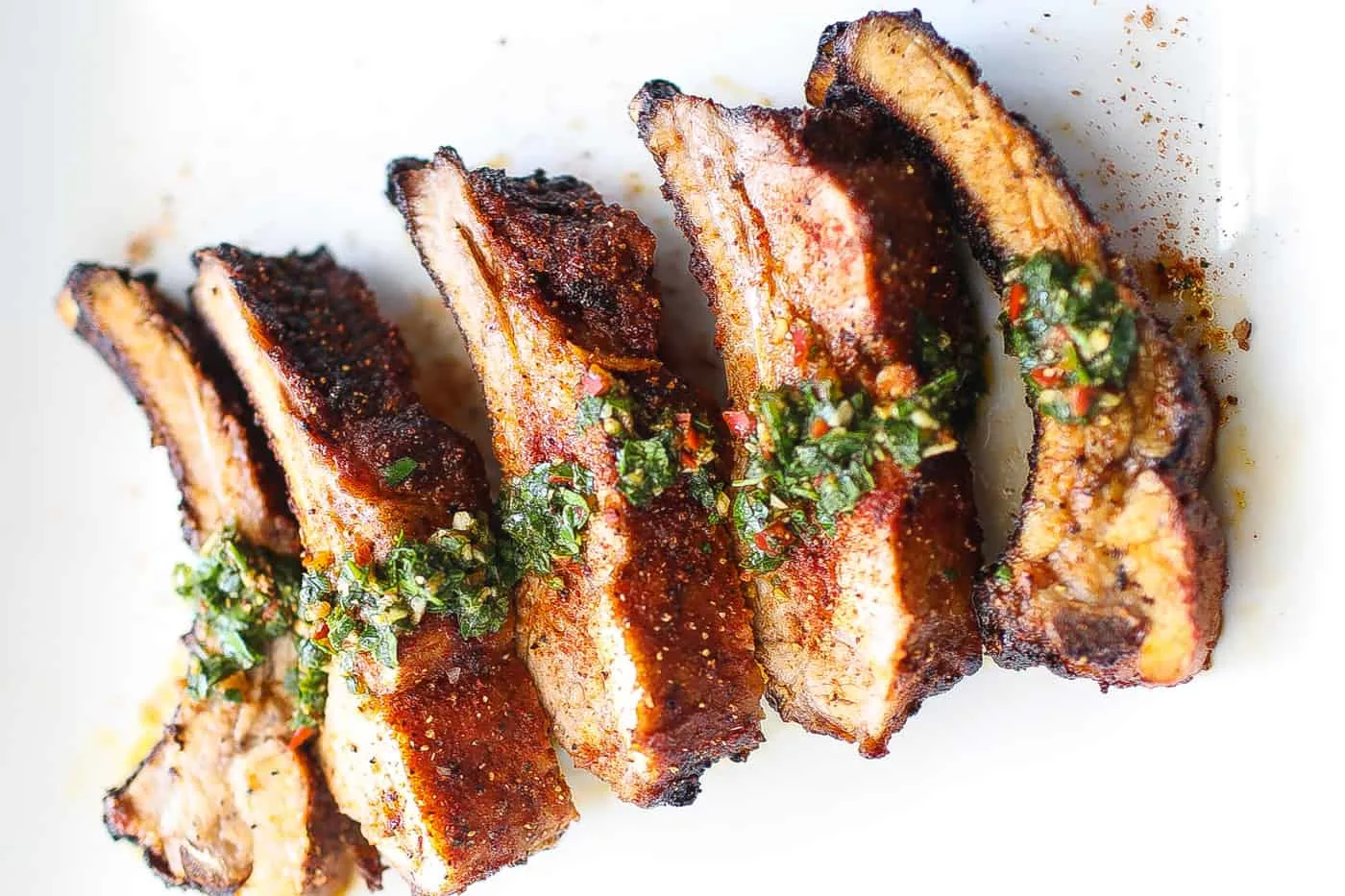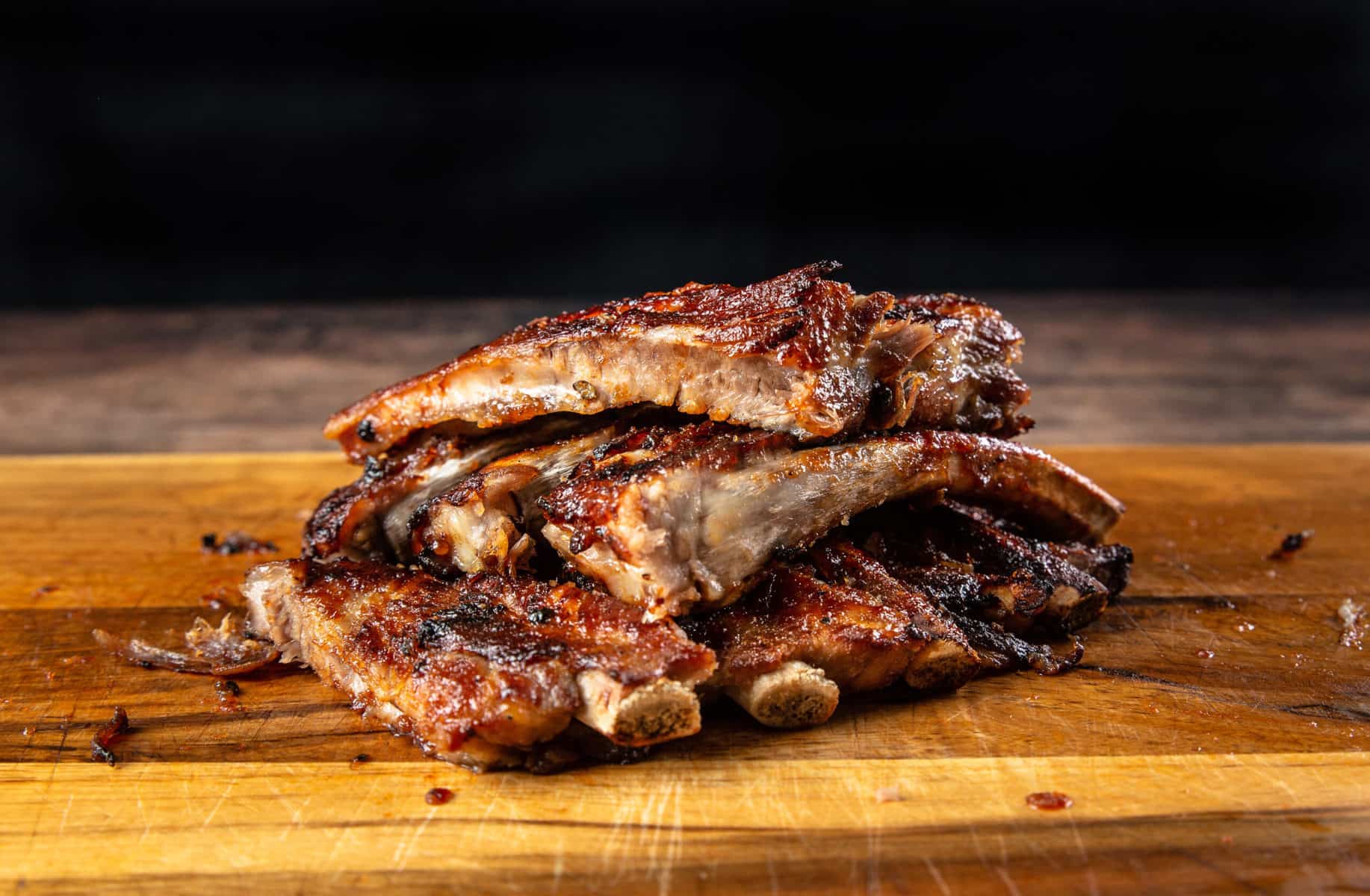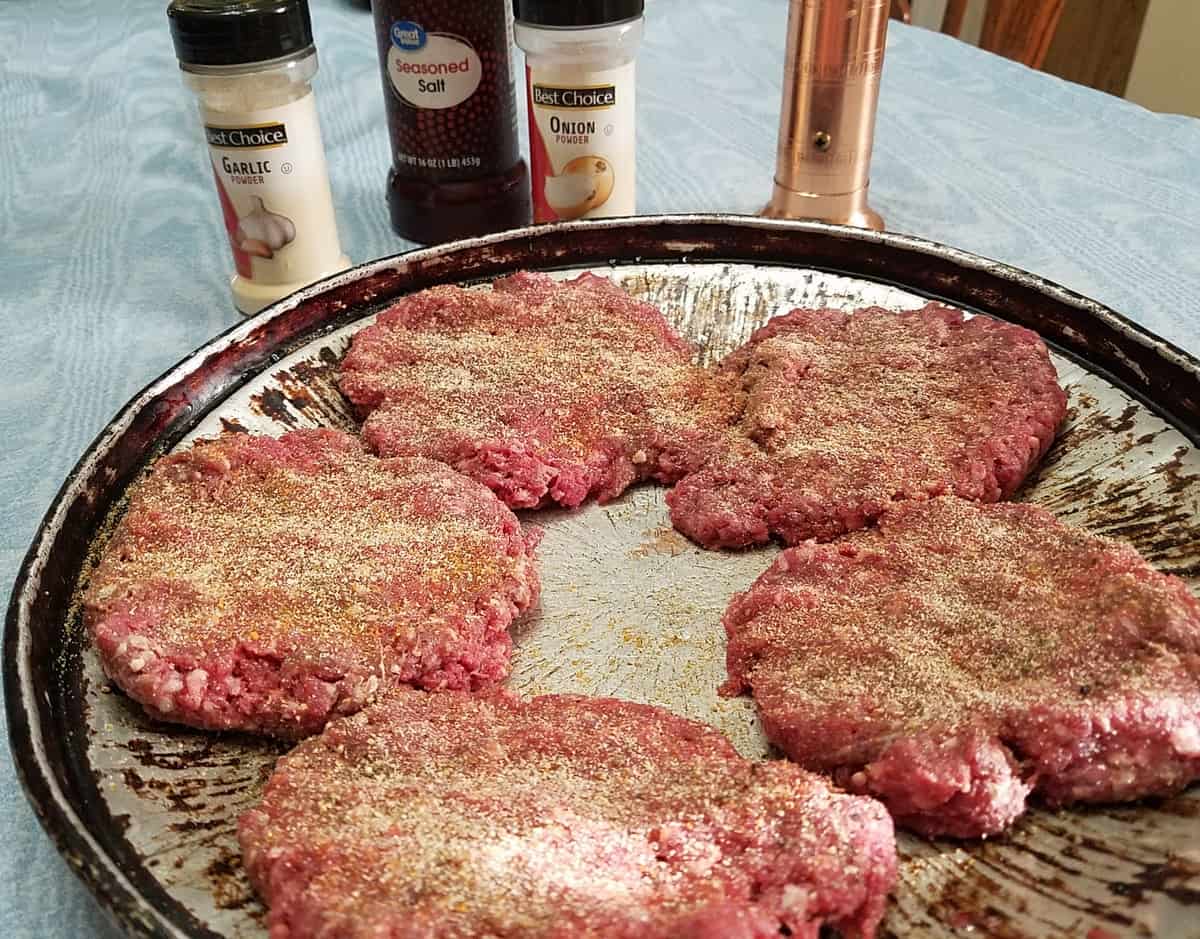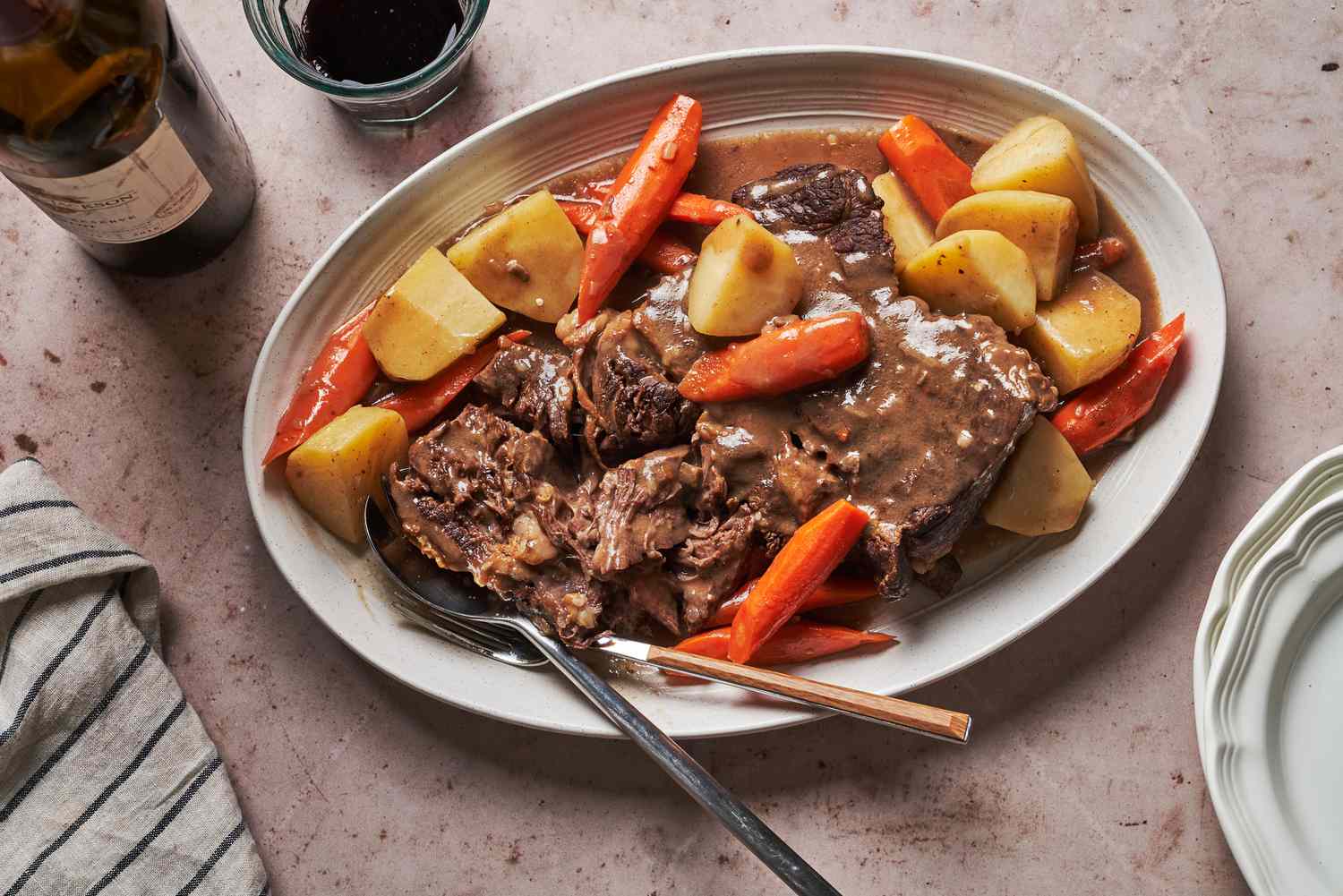Mastering the Art of Healthy Cooking: Tips for Using Less Oil
Are you looking to create delicious, satisfying meals while reducing your oil consumption? Cooking with less oil doesn’t mean compromising on taste or flavor. In fact, it can open up a whole new world of culinary creativity by allowing the natural flavors of your ingredients to shine through. Whether you are trying to watch your calorie intake, improve your heart health, or simply want to explore new cooking techniques, we’ve got you covered. Here are some expert tips on how to cook with less oil.
1. Choose the Right Cooking Methods
By adopting cooking methods that require minimal oil, you can significantly reduce your overall oil intake. Here are a few techniques to consider:
- Steaming: Steaming is an excellent way to retain the nutrients and flavors of your ingredients without the need for oil. Invest in a good quality steamer basket or use a steaming rack inside a pot.
- Roasting and Grilling: These methods add depth and richness to your dishes without excessive oil usage. Use marinades or rubs to enhance flavors and ensure your ingredients don’t stick to the pan.
- Sautéing and Stir-Frying: Opt for non-stick pans or use a small amount of oil or cooking spray when stir-frying. High heat and constant stirring help achieve the desired texture without excessive oil.
2. Invest in Quality Cookware
The right cookware can make all the difference when it comes to cooking with less oil. Non-stick pans and pots are particularly helpful as they prevent food from sticking, reducing the need for additional oil. Investing in high-quality non-toxic non-stick cookware ensures durability and promotes healthier cooking practices.
3. Enhance Flavors Naturally
Reducing oil doesn’t mean sacrificing taste. Experiment with alternative flavor enhancers such as herbs, spices, citrus juices, vinegar, and low-sodium sauces. These ingredients can add depth and complexity to your dishes, reducing the need for excess oil.
4. Embrace Healthy Oil Alternatives
If you prefer to use some oil in your cooking, opt for healthier alternatives. Extra virgin olive oil, avocado oil, and coconut oil are rich in healthy fats and can be used sparingly for added flavor. To further decrease oil consumption, try using a spray bottle to lightly mist your pans or ingredients instead of pouring.
5. Get Creative with Substitutions
Many recipes can be modified to reduce oil usage without sacrificing taste or texture. Here are some ideas:
- Replace oil with broth or stock: When sautéing or stir-frying, use vegetable or chicken broth instead of oil to add moisture and prevent sticking.
- Try applesauce or mashed bananas: In baking recipes that call for oil, substitute a portion with unsweetened applesauce or mashed bananas to reduce the fat content.
- Use yogurt or avocado: Creamy ingredients like yogurt or mashed avocado can replace oil in salad dressings and dips, providing great flavor and a velvety texture.
Remember, cooking with less oil is a skill that develops over time. Start by gradually reducing the amount of oil you use in your cooking until you find the balance that suits your taste buds. With these tips and a dash of creativity, you’ll be well on your way to mastering the art of healthy, oil-conscious cooking!
Was this page helpful?
Read Next: How To Cook Grilled Onions
